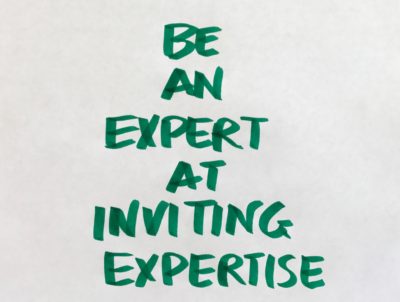I’ve been thinking lately that in times such as these, we all need grace.
I suppose you could say in every moment and as part of a grand spiritual story. That may be important, but I’m not thinking that kind of grace. I’m not thinking rescue. I’m not thinking penance or guilt or shame. I’m thinking more about the intensity of times. About the natural complexity within which most of us live. We all wear many hats. We all are compressed for time. We all are bombarded with massive amounts of information and distraction. We are all asked to cooperate.
What I’m able to see in myself and in others, personally and professionally, is that we all will have our moments when we aren’t at our best. Not because we aren’t trying for the better. Not because we aren’t aware and committed to some layer of “higher self” (which might just be letting go into all of who we already are). Life and work is full. And sometimes contradicting. And sometimes just befuddling. And sometimes not fair. And, and, and….
The need for grace is inevitable. Among us. Between us. In ourselves, for ourselves.
Yesterday was a bit of a melt-down day for me (and when I say “bit” I mean “full on”). I’d returned with my two adult children (one of whom turns 21 today), and my young teen. We’d been on family vacation to British Columbia, meeting as we have for so many years with my parents, and with my niece and nephew and their respective partners. It’s a 15 hour drive one way. It’s a lot of car time. It’s listening to music. It’s listening to a few movies (and watching for the non-drivers). It’s grazing on a packed lunch of bunwiches. It’s eating sunflower seeds, just the right level of activity to promote alertness. We’ve learned how to pass that time, and, well, I love the feel of the open road. But I was exhausted. The transition from family space to regular life, catching up life in Utah was a bit abrupt.
Not my best self yesterday. Not my most grounded self. Not my most patient self. Not my most aware self. I was just tired. Enough to burst into sobbing tears when alone.
To be clear, I’m for emotional responsibility and maturity. I’m not oriented to free-style dumping emotions on someone with an expectation of fix. I’ve witness too many adult tantrums disguised as expressions of higher emotional IQ. But, having said that, let’s get back to grace. Every living human won’t be at best all of the time. That’s rather obvious, right. And yet, as obvious as that is, I’m learning to simply be kind with self and others in the reality of those times.
My friends remind me that kids will make mistakes and do stupid things. They are supposed to figure things out. They are supposed to fail a bit, or maybe a lot. My friends remind me that we all live in phases. Some as young adults wandering. Some as teens overstating most everything. Some as more-cooked adults learning the basics, again, and then again, again.
Grace matters. For all of us. Not just them. Not just us. All of us. It’s inevitable. Not a failure of development. Just a reality of life, as common as the rising sun.

